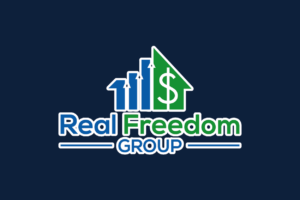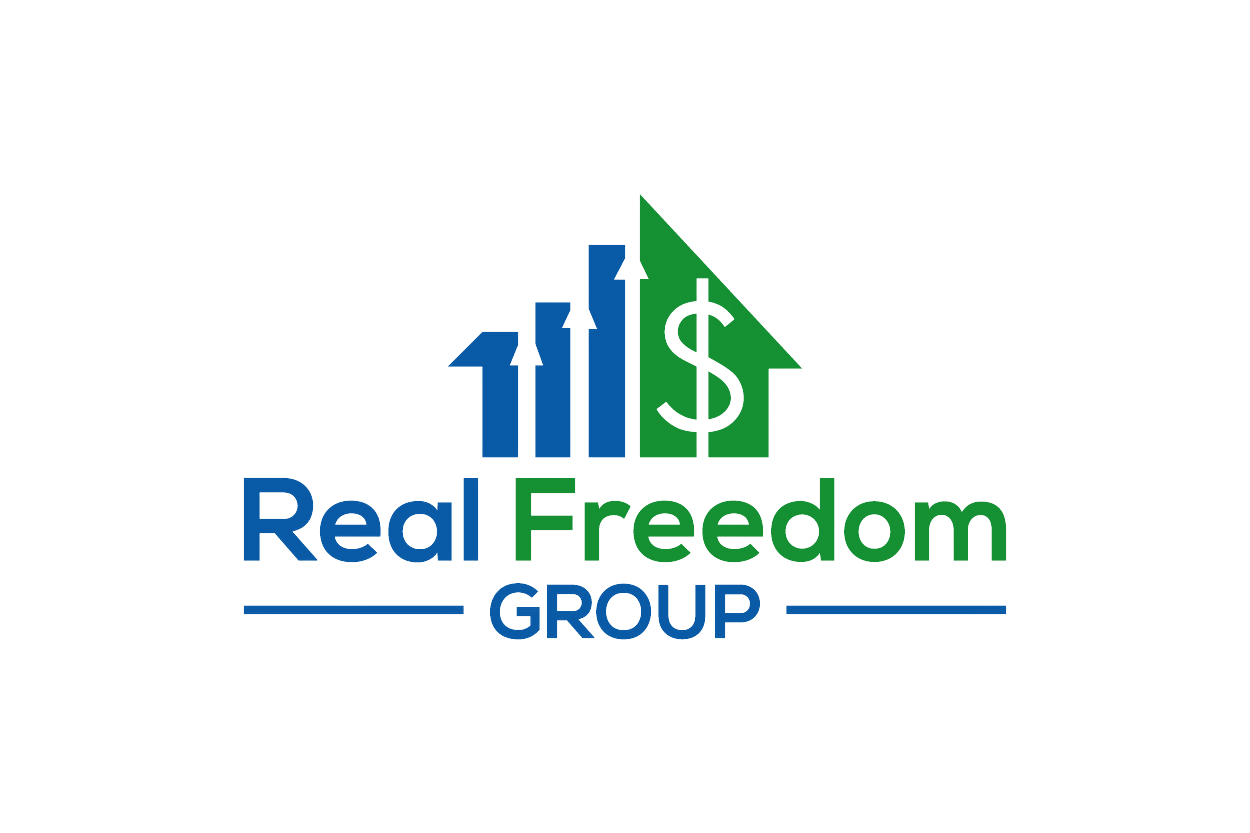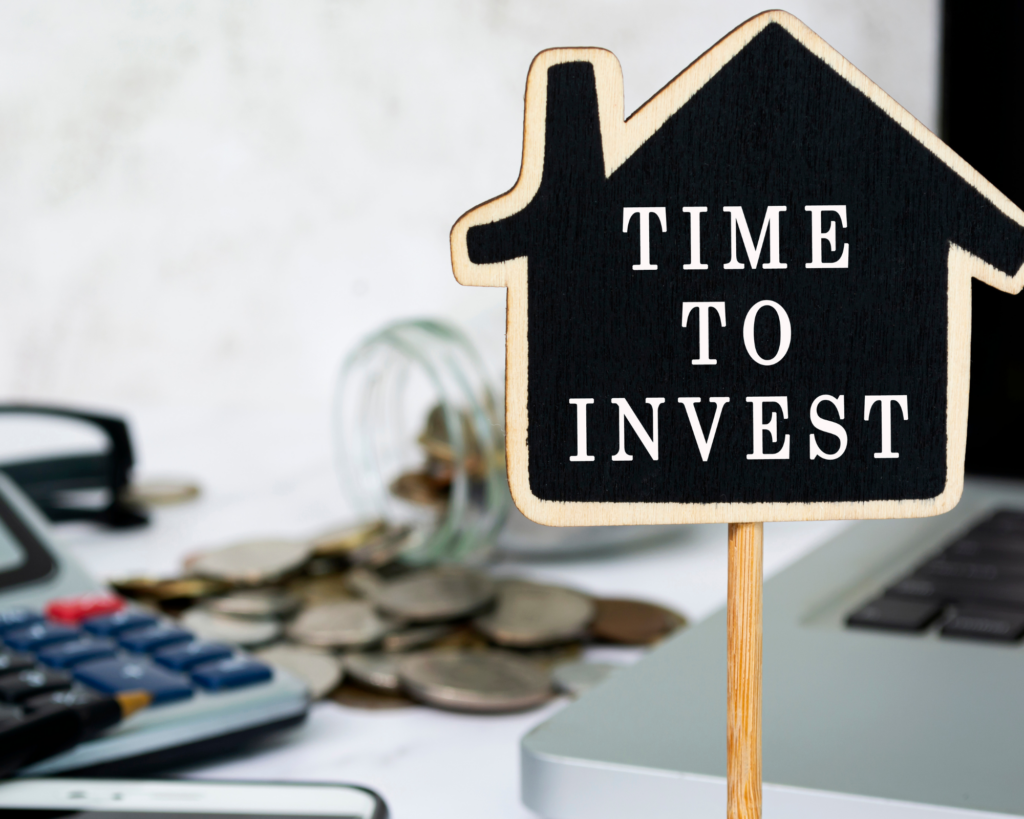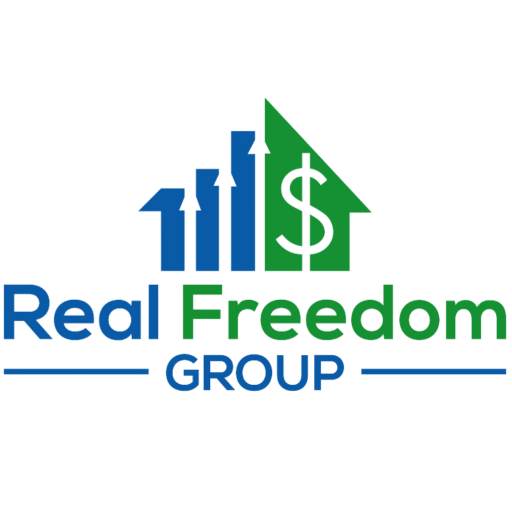Is Investing in Residential Rental Properties a Good Investment?
Investing in real estate has long been considered one of the best ways to build wealth, and residential rental properties are often at the top of the list for investors. But is buying a home to rent out really a good investment? The answer depends on several factors, including market conditions, your financial situation, and your long-term goals. Let’s take a closer look at the pros and cons of investing in residential rental properties to determine if it’s the right move for you.
The Benefits of Investing in Residential Rental Properties
1. Passive Income & Cash Flow
One of the biggest advantages of owning rental properties is the ability to generate monthly rental income. If the rent you collect exceeds your mortgage, property taxes, and maintenance costs, you’ll enjoy positive cash flow, which can provide financial stability and long-term wealth.
2. Property Appreciation & Equity Growth
Over time, real estate typically appreciates in value, meaning your investment grows without you having to do much. As tenants pay down your mortgage, you build equity, increasing your net worth. Many investors also take advantage of this equity to purchase additional properties, expanding their portfolios.
3. Tax Benefits & Deductions
Rental property owners enjoy numerous tax deductions, including mortgage interest, property taxes, insurance, depreciation, and maintenance expenses. These deductions help reduce your taxable income, making real estate a tax-efficient investment strategy.
4. Hedge Against Inflation
Unlike other investments, real estate tends to perform well during inflationary periods. As inflation rises, so do rental prices, allowing landlords to increase income while the property value also appreciates. This makes residential rental properties a great long-term hedge against inflation.
5. High Demand for Rentals
With home prices increasing and mortgage rates fluctuating, many people choose to rent instead of buy, increasing demand for rental properties. This strong demand provides consistent rental income and minimizes vacancy risks, making real estate a relatively stable investment.
Challenges of Investing in Residential Rental Properties
1. Property Management & Maintenance
Owning a rental property requires ongoing maintenance, repairs, and tenant management. From handling late payments to fixing leaky pipes, being a landlord can be time-consuming. Hiring a property management company can help, but it comes at a cost.
2. Market Fluctuations & Vacancy Risks
While real estate generally appreciates, property values and rental markets can fluctuate. Economic downturns, job losses, or an oversupply of rentals in your area can lead to vacancies, reducing your cash flow. Smart investors research market trends before buying.
3. Upfront Costs & Financing Challenges
Investing in rental properties requires significant upfront capital. A down payment, closing costs, and potential renovations can add up. Additionally, securing financing for an investment property often requires a larger down payment and higher interest rates compared to a primary residence.
4. Liquidity Concerns
Unlike stocks or bonds, real estate is not a liquid asset. If you need cash quickly, selling a property can take time, and market conditions could impact your ability to sell at a profit.
How to Determine if Rental Property Investing is Right for You
Investing in residential real estate can be a great wealth-building strategy, but it’s not for everyone. Here are a few key considerations before making a decision:
Does the property generate positive cash flow? Always analyze the rental income versus expenses to ensure profitability.
Are you prepared to manage tenants and maintenance? Consider whether you’ll self-manage or hire a property manager.
Can you afford vacancies or unexpected repairs? A financial cushion is essential to handle vacancies and maintenance issues.
What are the long-term market trends? Research the local rental market, job growth, and demand before buying.
Conclusion
Investing in residential rental properties can be a highly rewarding strategy for building wealth and generating passive income, especially if done strategically. With the right property in a strong market, rental income, appreciation, and tax benefits can make it a profitable long-term investment. However, it’s important to understand the risks, be financially prepared, and treat real estate as a business.
For those willing to do their research, manage risks, and take a long-term approach, rental properties can be one of the best investments available.
Are you considering investing in real estate? Take the time to evaluate the numbers, the market, and your financial goals to see if residential rental properties are the right investment for you!
[Get Expert Real Estate Investment Advice Now!]







